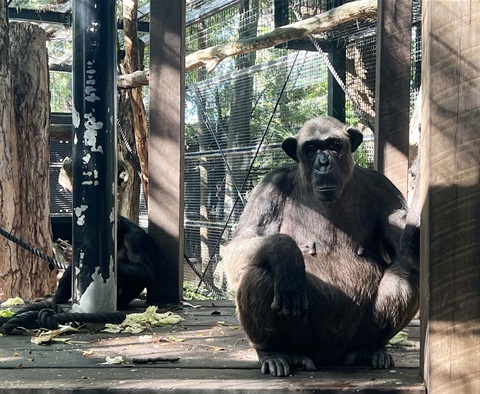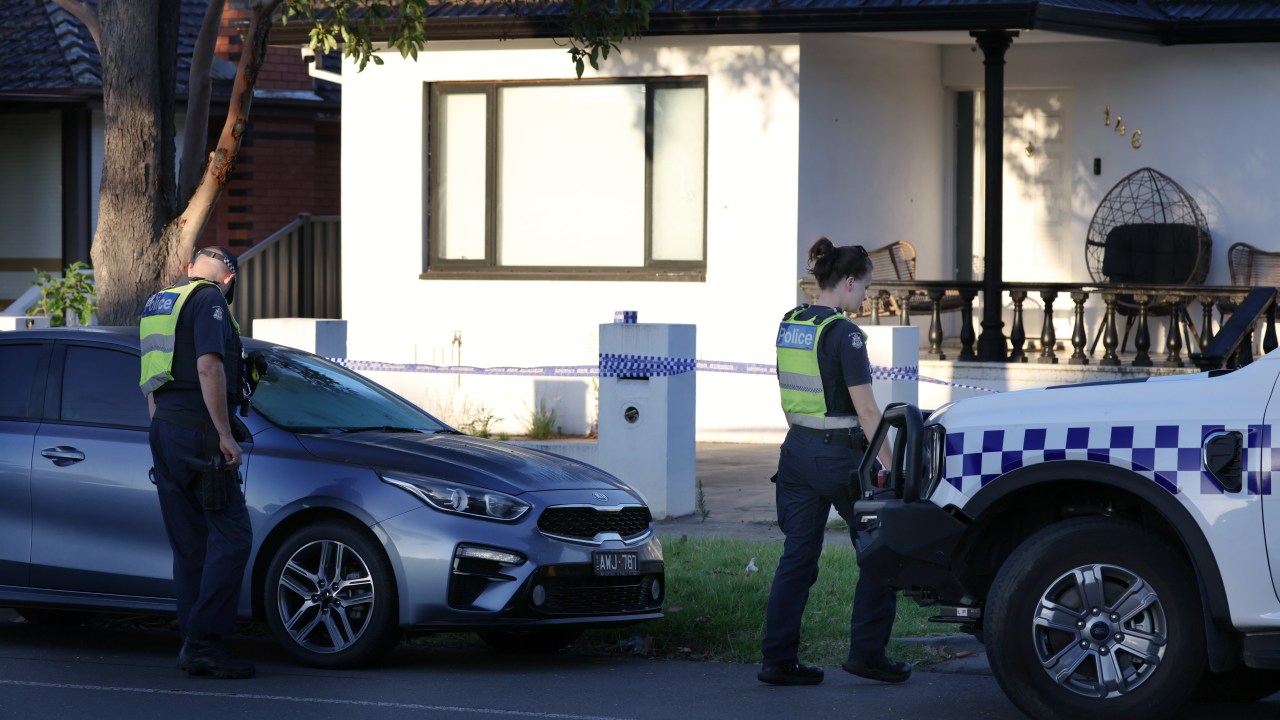Recognition of Rural Generalism as Official General Practice Specialty in Australia

The NRHA celebrates the recognition of Rural Generalism as a General Practice specialty in Australia, highlighting the need for a National Rural Health Strategy to support rural healthcare.
The National Rural Health Alliance (NRHA) congratulates the Australian Government on the imminent recognition of Rural Generalism as an official General Practice specialty. With one-third of 2025's cohort of future General Practitioners (GPs) in training for Rural Generalism, this is an important milestone.
"It is exciting that one-third of Australia's largest-ever cohort of future GPs will train as multiskilled Rural Generalists and the government's support for the specialty's imminent recognition," said NRHA Chief Executive Susi Tegen.
"The NRHA has supported the call for Rural Generalism to be a specialty within the medical workforce recognising the diversity, depth and breadth of the work that clinicians practicing in rural and remote Australia provide to rural communities."
"Rural and remote Australia is crying out for an equitable share of healthcare investment no matter what the post code is. The recognition of Rural Generalists as a specialty acknowledges the training and scope of a Rural Generalist and the enormous value that they bring to rural Australia," said Ms Tegen.
While this is an exciting milestone in the Australian healthcare landscape, the NRHA reiterates the urgent need for a National Rural Health Strategy to deliver long-lasting outcomes for rural health care.
"Today's announcement, while welcome, is just one step to ensure a comprehensive strategy."
"The National Rural Health Strategy we propose under the National Health Reform Agreement would coordinate Commonwealth, State, and Territory investment to better serve rural Australia."
"While promoting the Rural Generalist pathway is vital, the Government must also ensure GPs who choose rural practice are supported with essential infrastructure, housing, childcare, schooling, and other facilities that help them and the health workforce stay. We need a multifaceted approach to truly make a difference."
"With the upcoming elections in mind, we are ready to work with any government to implement a National Rural Health Strategy that ensures sustainable and equitable healthcare access for rural, regional, and remote populations," said Ms Tegen.
About us:
The National Rural Health Alliance (the Alliance) comprises 52 national organisations committed to improving the health and wellbeing of the over 7 million people in rural and remote Australia. Our diverse membership includes representation from health professional organisations, health service providers, health educators, the Aboriginal and Torres Strait Islander health sector and students.
















